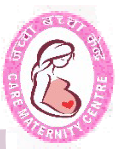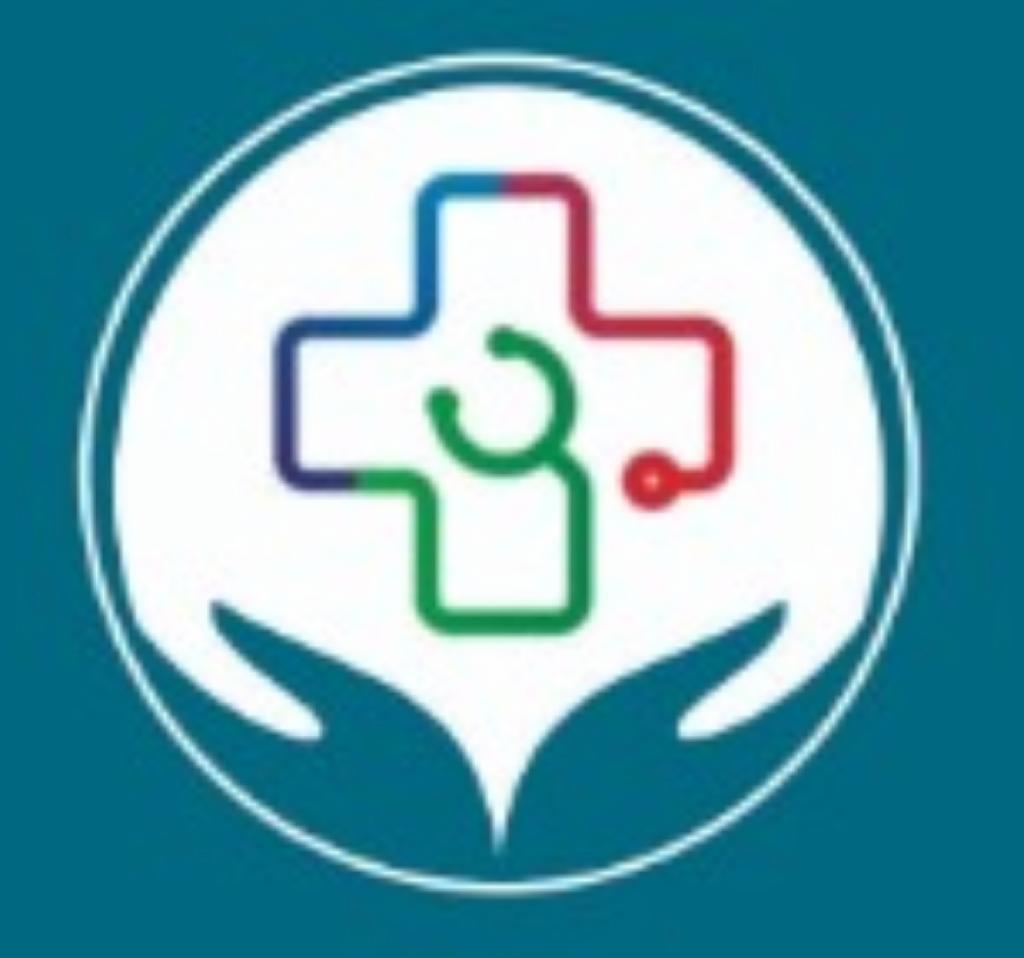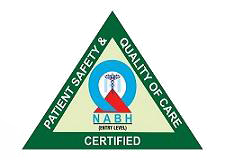Eat a variety of foods: Eating a variety of foods can help ensure that you are getting all of the nutrients you need. Include a mix of fruits, vegetables, whole grains, lean protein, and dairy in your diet.
Focus on nutrient-dense foods: Nutrient-dense foods are those that provide a high amount of nutrients relative to their calorie content. Examples include leafy green vegetables, whole grains, nuts, seeds, lean protein sources, and low-fat dairy products.
Stay hydrated: Drink plenty of fluids, such as water, herbal tea, or 100% fruit juice, to stay hydrated.
Limit certain foods and beverages: Limit or avoid alcohol, caffeine, high-mercury fish, and unpasteurized dairy products.
Take prenatal vitamins: Prenatal vitamins are important to ensure that you are getting all of the nutrients you need, including folic acid, which can help prevent birth defects.
Eat smaller, more frequent meals: Eating smaller, more frequent meals can help reduce nausea and prevent overeating.
Consider working with a registered dietitian: A registered dietitian can help you create a personalized meal plan that meets your unique nutritional needs.
Remember to talk to your healthcare provider about any specific dietary recommendations or restrictions you may have during pregnancy.



